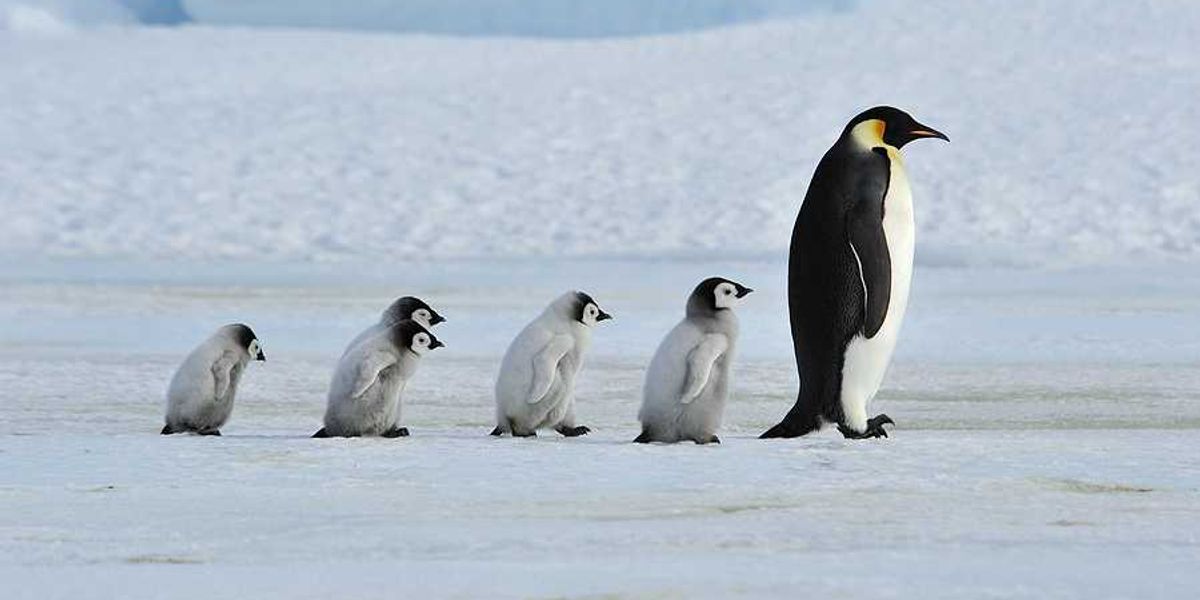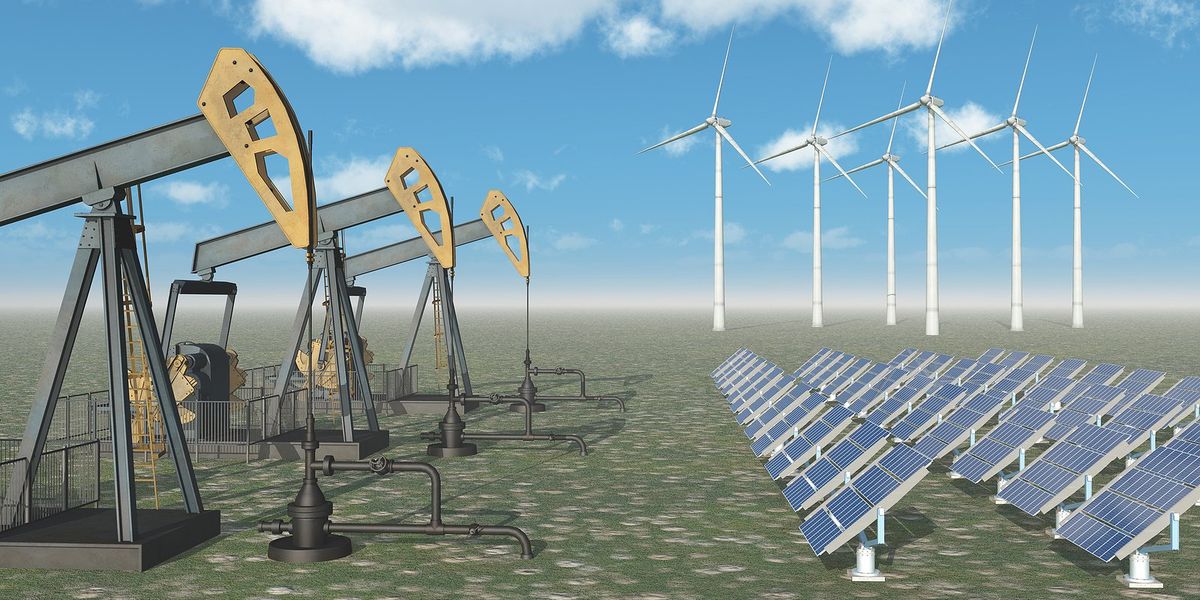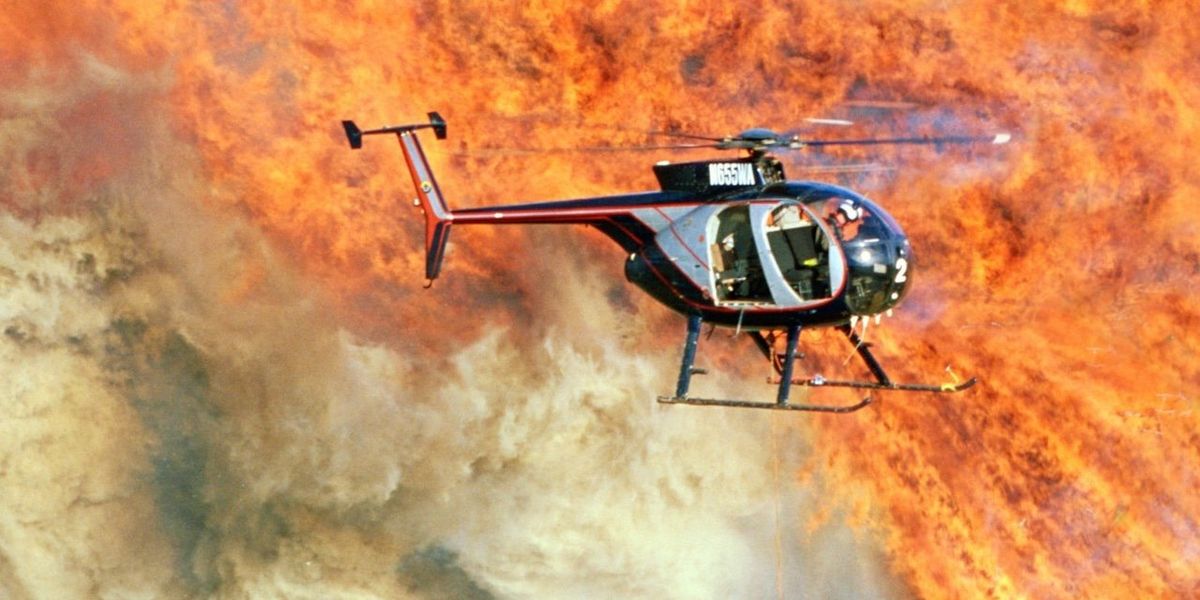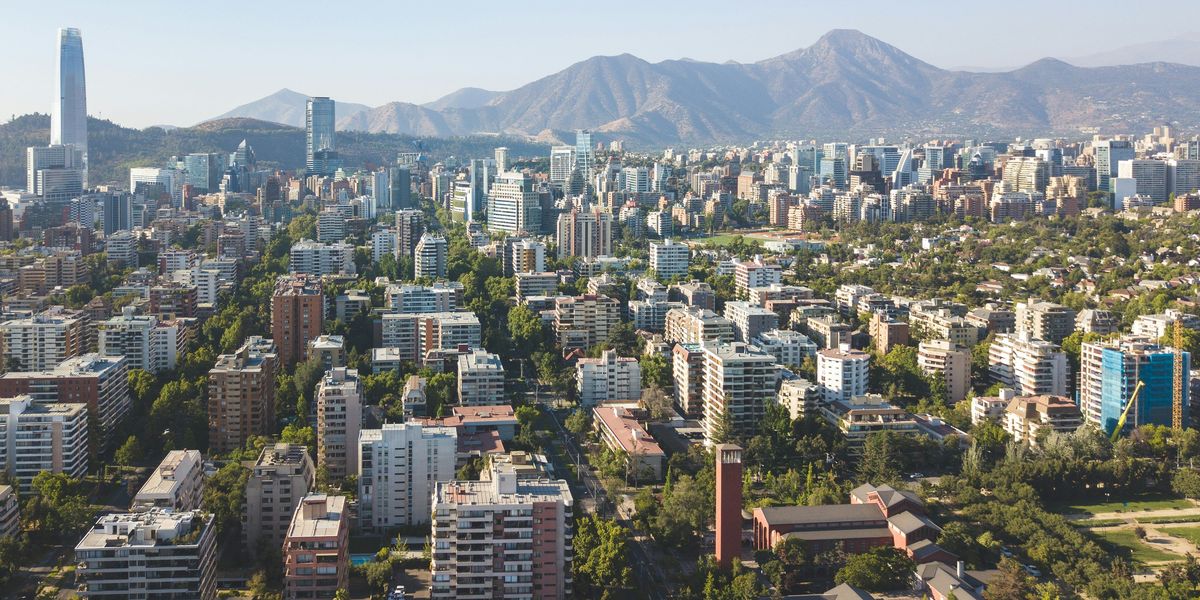Global temperatures are likely to keep climbing as forecasters predict more record-breaking heat
Earth is on track to face more intense and frequent heat waves over the next five years, with a high probability of breaching international warming limits set to avoid the worst impacts of climate change.
Seth Borenstein reports for The Associated Press.
In short:
- Scientists from the World Meteorological Organization and the UK Met Office predict an 80% chance that Earth will set another annual heat record by 2030, with at least one year likely to exceed the 1.5°C warming threshold.
- The five-year outlook draws from over 200 simulations and signals an increasing probability that global temperatures may briefly reach 2°C above pre-industrial levels — the Paris climate agreement’s secondary limit once considered less likely.
- Rising average temperatures will drive more deadly extreme weather events like heat waves, droughts, floods, and wildfires, while Arctic regions warm more than three times faster than the global average.
Key quote:
“With the next five years forecast to be more than 1.5C warmer than preindustrial levels on average, this will put more people than ever at risk of severe heat waves, bringing more deaths and severe health impacts unless people can be better protected from the effects of heat.”
— Richard Betts, head of climate impacts research at the UK Met Office
Why this matters:
Even a slight uptick in global average temperature can wreak havoc on ecosystems, infrastructure, and human health. As the world flirts with the 1.5°C and 2°C warming thresholds outlined in the Paris Agreement, the risks grow starker: more heat deaths, strained water supplies, failing crops, and stronger storms. Vulnerable populations — the elderly, children, outdoor workers, and those without stable housing — will bear the brunt. With El Niño conditions amplifying long-term climate trends, the new forecast suggests the planet may settle into a more perilous climate baseline. The Arctic, already warming at alarming rates, will continue to lose ice and push sea levels higher. These changes aren't happening in isolation — they’re linked in a chain of cascading environmental stressors that endanger both public health and environmental stability.
Read more: Ocean heatwaves now last three times longer due to fossil fuel-driven climate change













